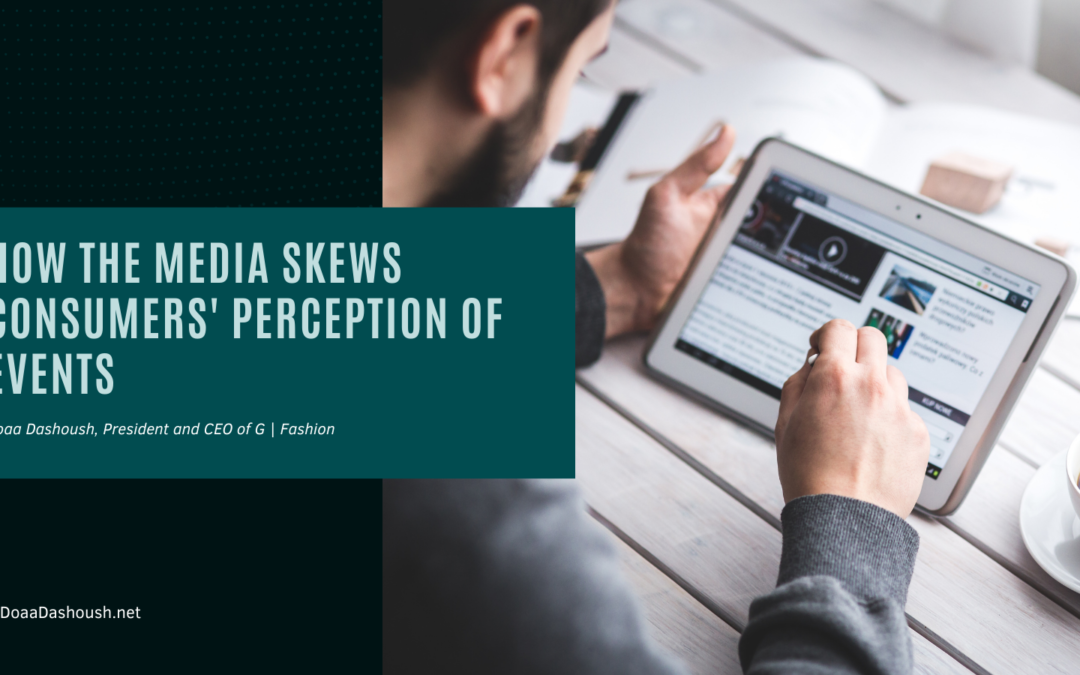The media has a significant impact on how consumers perceive events. The media can be seen as a form of entertainment, and it is often the case that the media will sensationalize events to get more viewers and readers. This is true with criminal cases where the media’s portrayal of an individual can make or break their chances in court. This comes from the old adage “any publicity is good publicity.” However, this may not be true when it comes to criminal cases. The media can have a negative impact on both the judge and jury when they portray a defendant in a biased manner.
Consumer Attitudes
The participatory news consumer is someone who actively seeks out information about current events and shares their opinions on social media. They are not passive consumers of news, but instead, they are active participants in the process of creating and distributing content.
This type of consumer is becoming more common as people are getting more involved in politics and other issues that affect them personally.
With the current political climate and the rise of social media, more people are becoming engaged in a variety of different issues that affect them personally. For many people, this means they are more aware of how their purchases are affecting the world around them.
Digital Influence on Consumers
Digital platforms have made it easier for people to customize their experience with news by tailoring it to their interests, political ideology, and location.
We are living in the era of the “filter bubble.” Platforms like Facebook, YouTube, and Twitter have made it easier than ever to customize our experience with news by tailoring it to our interests and ideologies. This means that people are now living in an echo chamber where they are only hearing opinions from those with similar views.
The media has always been influential, but now, with the rise of personalized and customized news, it is becoming increasingly difficult to combat the media’s influence. News outlets are now becoming increasingly partisan, choosing to only report on stories that suit their agenda. As a result, people are being exposed to only one side of an issue.
One of the most powerful tools in the media’s arsenal is the ability to sway public opinion. They can do this by presenting a narrative that frames an event in a way that benefits their interests. This is called agenda-setting. It’s important to be aware of how it works so we don’t get manipulated into thinking something happened when it didn’t.
Doaa Dashoush is an experienced businesswoman in the fashion industry. She currently serves as the President and CEO of GFASHION, a global luxury brand currently based in New York City. GFASHION prides themselves on their unique approach to the industry. They don’t follow trends set by others. The Luxury brand focuses on innovative design through their work with the top designers on collections that reflect the company’s craftsmanship.
